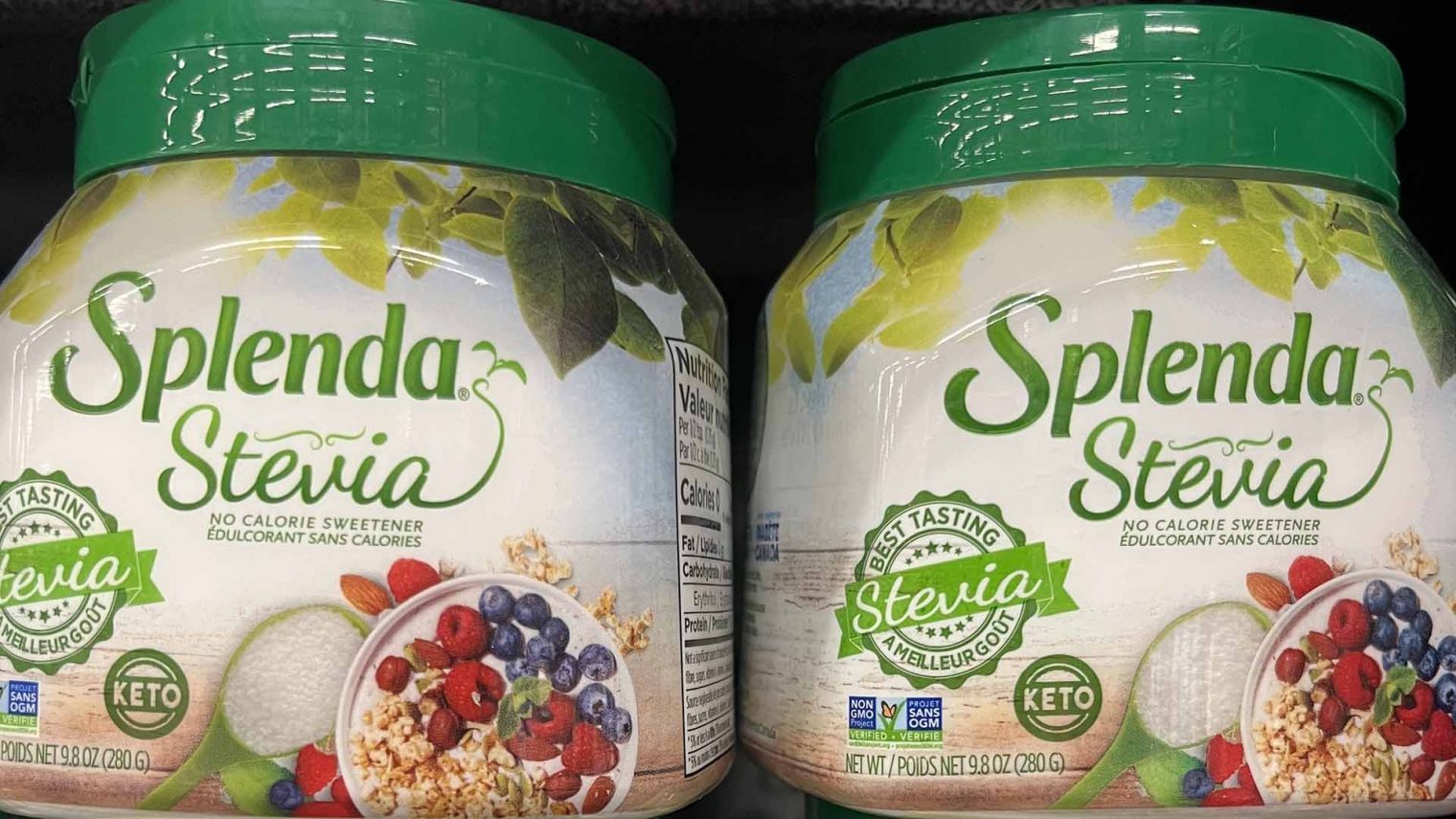New Study Links Heart Attack And Stroke To Popular Zero-Calorie Sweetener

According to a new study published by Nature Medicine on Monday, erythritol — a compound used as a sugar substitute — has been linked to an increased risk in heart attack and stroke. Erythritol can be found in popular sweeteners as well as mass-marketed “sugar free” products.
The leading researcher, Dr. Stanley Hazen, told CNN “The degree of risk was not modest,” denoting that consumers with preexisting risk factors were almost twice as likely to suffer harmful side effects post-consumption. He was also quoted, saying: “If your blood level of erythritol was in the top 25% compared to the bottom 25%, there was about a two-fold higher risk for heart attack and stroke. It’s on par with the strongest of cardiac risk factors, like diabetes.”
So what exactly is erythritol? It’s an inexpensive sugar alcohol that adds sweetness to products at a low caloric price tag. It can be cheaply produced in mass quantities and leave no aftertaste. Products containing erythritol include artificial sweeteners.
While these new studies shed light on the harmful effects caused by the compound, it should be noted that FDA regards erythritol as a GRAS (Generally Recognized as Safe) substance and allows it to be used for consumer purposes. As of today, there is no recommended daily allowance (RDA) for the consumption of erythritol.

Now that we understand the what, I think it’s important to understand the how. All too often, we read or hear about things that are bad for us without truly learning the reasons why. In the case of erythritol, the aforementioned study concluded that it sped up thrombosis — the clotting of blood. When blood clots too quickly, it can break off into the bloodstream and travel into different areas of the body, causing blockage. Fast-forward and soon enough, you’re at risk for heart attack or stroke.
Hazen told CNN: “I normally don’t get up on a pedestal and sound the alarm, but this is something that I think we need to be looking at carefully.”
While researchers do acknowledge that more tests need to be conducted, these findings do need to be taken seriously and investigated further.






















